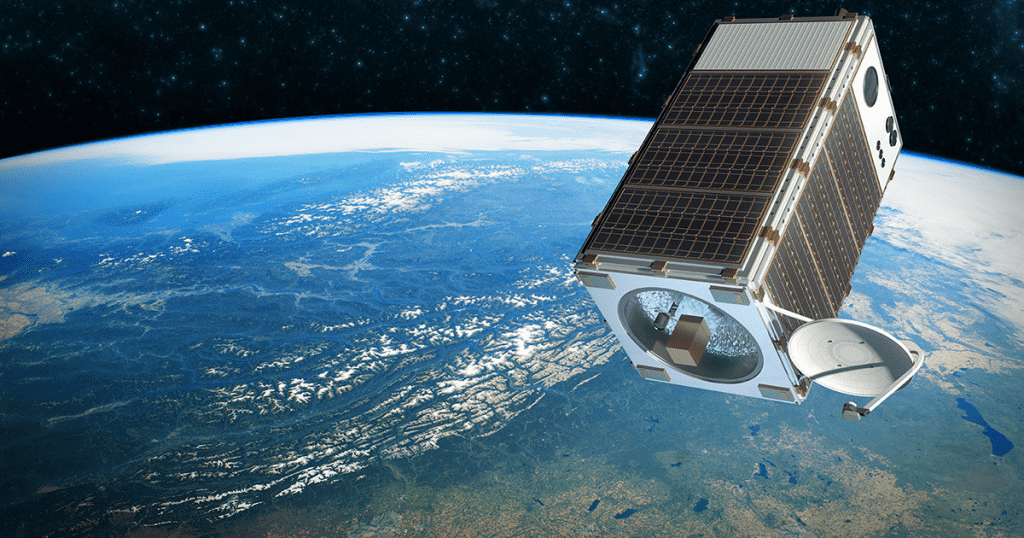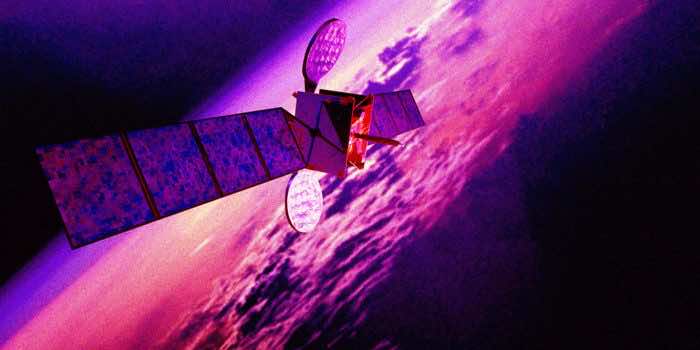A study conducted recently has stated that climate change caused by carbon dioxide is reducing the Earth’s ability to self-clean its upper atmosphere. This is also making close-orbit objects like satellites experience less drag and stay in orbit longer.
The result is that polluting, dangerous space debris stays in orbit for longer, too.
“Space debris is becoming a rapidly growing problem for satellite operators due to the risk of collisions,” Ingrid Cnossen, a research fellow at the British Antarctic Survey and the study’s author, said in a statement, “which the long-term decline in upper atmosphere density is making even worse.”

The study is published in the journal Geophysical Research Letters. The process used research models of the entire atmosphere to examine how its upper sphere — a region that spans altitudes between 56 and 310 miles from the Earth’s surface — has evolved over the last 50 years. It also painted a picture of what the future would look like.
“Changes we saw between the climate in the upper atmosphere over the last 50 years,” Cnossen’s statement continued, “and our predictions for the next 50 are a result of carbon dioxide emissions.”
Cnossen’s research confirms that even though greenhouse gases warm up the earth’s surface, it has a positive outlook as well.

The CO2 particles absorb the limited available heat up there, and the atmosphere shrinks and cools, in an effect that leads to a smoother, longer orbit for satellites, plus the junk caused by old, defunct spacecraft.
Satellite makers might be happy to see the crafts stay up longer than expected, but the space debris will get out of control. New satellites will have a difficult time functioning in a close-orbit junkyard, and humans, on the ground and in space, could face deadly consequences.
“I hope this work will help to guide appropriate action to control the space pollution problem,” added Cnossen, “and ensure that the upper atmosphere remains a useful resource into the future.”


